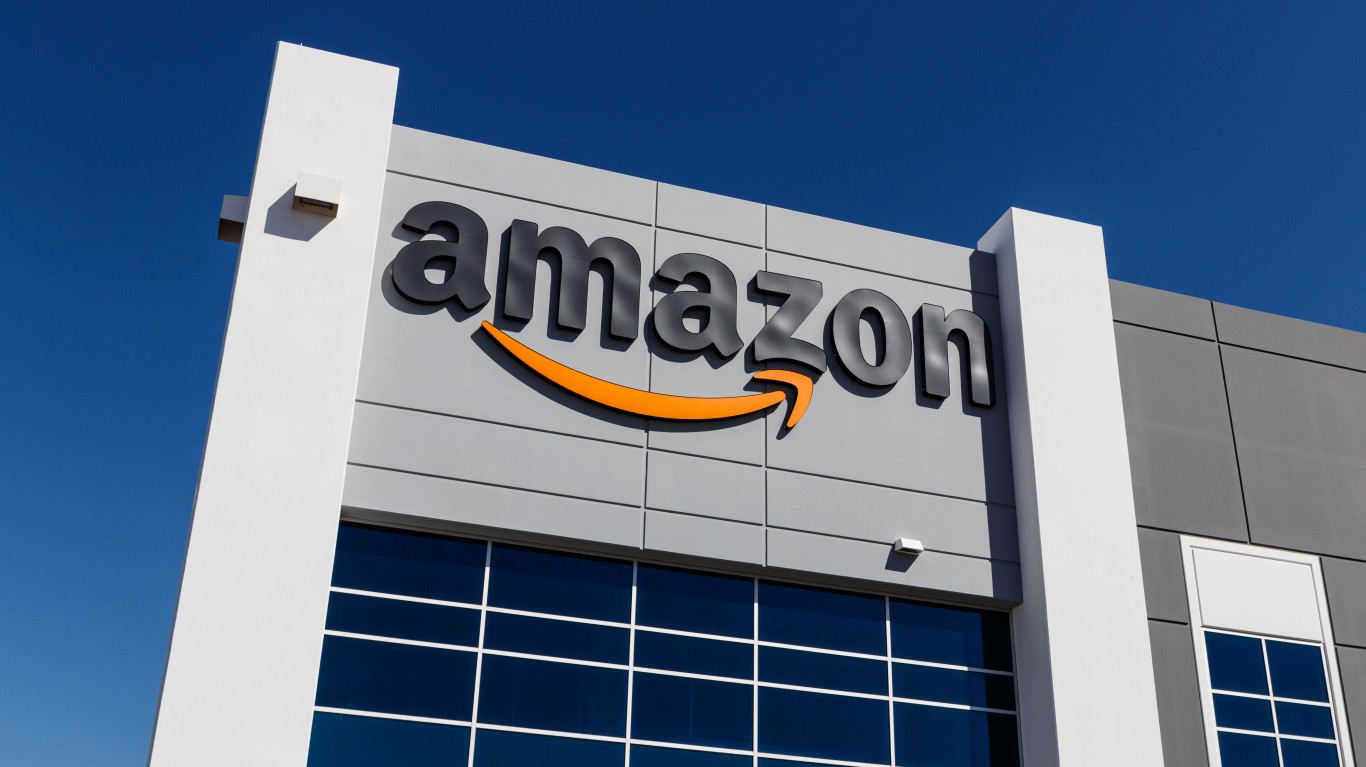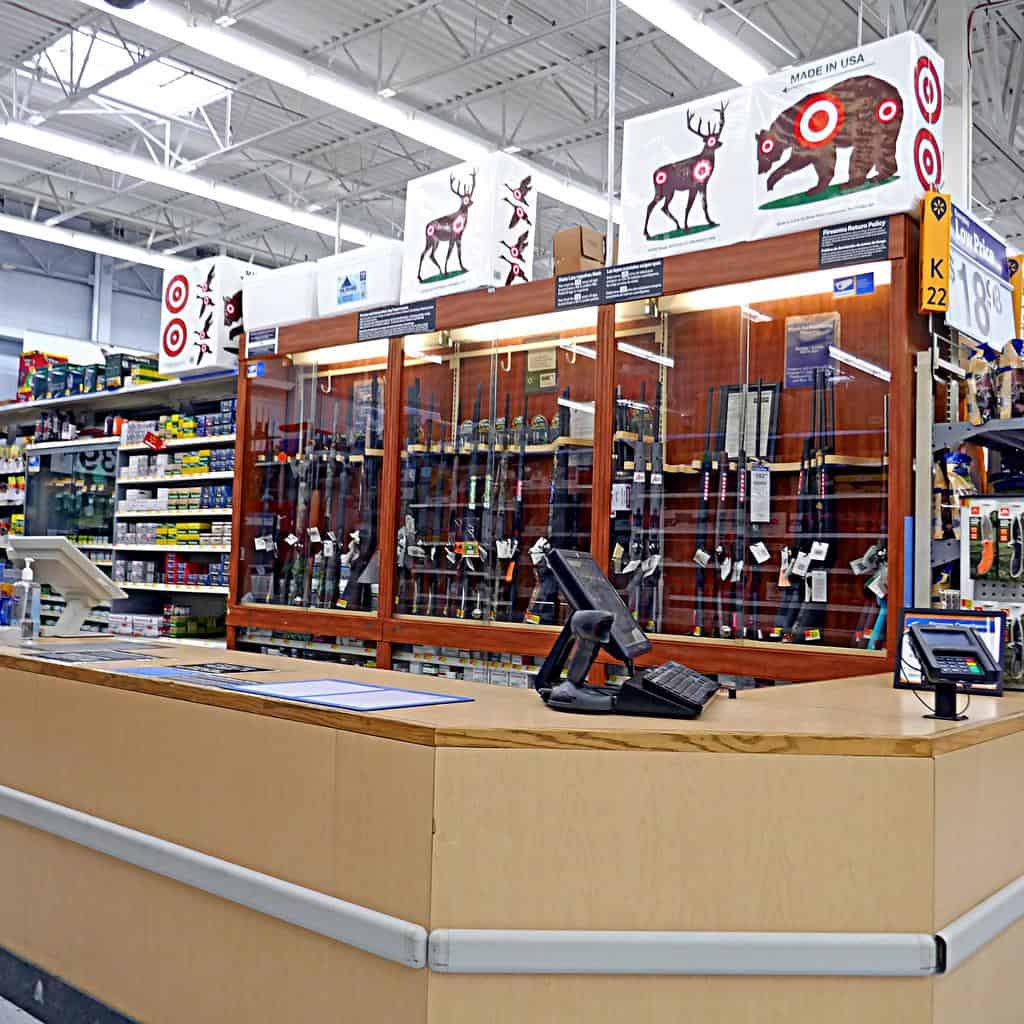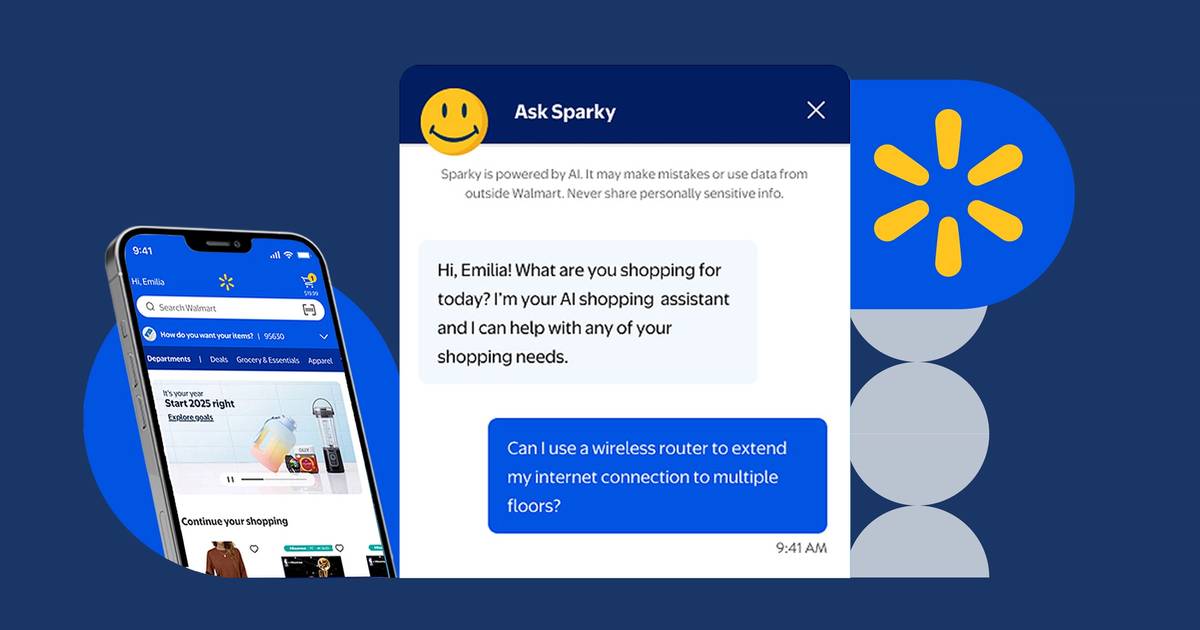#e-commerce
#e-commerce
[ follow ]
fromModern Retail
1 day agoMarketplace Briefing: Online merchants aren't lowering prices despite Supreme Court ruling
We're still increasing pricing based on the most up-to-date tariff announcements from India and the U.S., because it's not going back down to zero. It's still elevated. The cost of our goods has also shot up, because gold has almost doubled since last year.
E-Commerce
E-Commerce
fromPCMAG
1 week agoShopify vs. Wix Stores: I Tested Both E-Commerce Platforms and Found a Clear Champ
Shopify offers dedicated, scalable e-commerce plans for serious stores, while Wix Stores provides integrated website-building flexibility with tiered, lower-cost options for smaller merchants.
fromInc
1 week agoThe New Rules of Big-Box Retail
The outlook for 2026 I'm watching 2026 with equal parts optimism and urgency. Optimism because consumer demand is still there. Retail sales have remained resilient in recent data. Urgency because the operating environment is only getting tighter. Coming out of FY2025, large retailers demonstrated resilience amid inflation pressure, shifting consumer behavior, and global supply-chain complexity. Walmart raised its outlook and leaned further into a model that blends physical stores, e-commerce scale, and execution discipline.
E-Commerce
Intellectual property law
fromIPWatchdog.com | Patents & Intellectual Property Law
2 weeks agoHow Temu Works With Brands to Protect Intellectual Property Rights
Temu's Brand Guardian Initiative enables brands to upload IP assets and accelerates detection and removal of counterfeit listings, improving marketplace safety and IP protection.
Miscellaneous
fromLondon Business News | Londonlovesbusiness.com
2 weeks agoInPost agrees 6.8bn takeover by FedEx - London Business News | Londonlovesbusiness.com
A FedEx-led consortium with Advent will buy InPost for £6.8 billion, keeping the brand and CEO to expand the parcel locker network across Europe and the UK.
E-Commerce
fromBusiness Matters
3 weeks ago'Growth isn't chased. It's engineered': How NEO Innovations is helping U.S. brands scale into the UK
Sustainable e-commerce growth requires designed systems, structure, and clarity rather than reactive tactics, enabling scalable cross-border expansion into markets like the UK.
fromSitePoint Forums | Web Development & Design Community
3 weeks agoI'm a website freelance builder, how to waste less effort in manual check if feature work
Just learn to vibe code recently, last week I manage to make a small e-com website for pet shop. After adding tons of new product onto website, I notice my vibe agent been shovel out more error. Whenever I fix one things, my vibe gave out like 3 new bugs. I feel exhausted have to manually checking everything and test this check out button working or not.
E-Commerce
fromAol
3 weeks agoWhat To Know About 10 Ways To Make Quick Cash Online
Leveraging your skills on freelancing platforms like Upwork, Fiverr or Freelancer can be a quick way to earn cash. Whether it's writing, graphic design, programming or social media management, these platforms connect you with clients looking for specific skill sets. Start by creating a compelling profile and bidding on projects that match your expertise.
Digital life
Berlin
fromBerlin Startup Jobs
1 month agoJob Vacancy: Brand & Partnerships Lead for the Berlin market // Bookbot | Marketing & Communications Jobs | Berlin Startup Jobs
Lead Brand & Partnerships in Germany to build meaningful, brand-first collaborations, manage partners (especially Berlin bookstores), run campaigns, and shape local strategy and growth.
E-Commerce
fromBusiness Insider
4 weeks agoAfter writing about resellers making 6 figures on eBay and Poshmark, I tried selling closet items. Here's why I stopped after earning about $100.
Reselling clothes on apps like Poshmark and Mercari requires little startup cost and time, can yield significant income for some, but practical barriers can limit quick success.
fromTechCrunch
1 month agoIndia's Shadowfax slips on listing, as client concentration spooks investors | TechCrunch
The shares fell about 9% from the offer price of ₹124 to ₹112.60 on Wednesday, valuing the Bengaluru-based logistics firm at roughly ₹64.7 billion (about $706.58 million) on debut, roughly matching its last private valuation of close to ₹60 billion (roughly $655.01 million) in early 2025. The offering, priced in a band of ₹118-124 per share, combined a fresh issue with an offer-for-sale by existing shareholders and was subscribed nearly three times over.
Fundraising
from24/7 Wall St.
1 month agoAmazon Quality Champion
The American Customer Satisfaction Survey rates hundreds of companies in dozens of categories. In its latest study, the Retail and Consumer Shipping Study 2026, Amazon.com Inc. ( NASDAQ: AMZN) topped the Online Retailer category. In all the studies, regardless of category, companies receive ratings of zero to 100. This latest study is based on 31,293 completed surveys. Customers were chosen at random and contacted via email between January and December 2025.
E-Commerce
fromThe Drum
1 month agoE-Commerce
Tailor your e-commerce strategy to capitalise on the online shopping boom
Rapid pandemic-driven digital transformation accelerated e-commerce, creating major D2C and marketplace opportunities while raising customer experience, omnichannel and mobile-first demands for brands.
Fashion & style
fromWashingtonian - The website that Washington lives by.
1 month agoTuckernuck's Founders on Style, Politics, and Childcare
Tuckernuck grew from a small Georgetown e-commerce boutique into a nine-figure fashion brand with an in-house label, stores, and strong appeal to professional DC women.
US politics
fromBusiness Insider
1 month agoAmazon CEO says that tariffs are starting to 'creep' into prices as vendors run out of stockpiled goods
Tariff-driven cost increases are beginning to raise retail prices on Amazon as vendors exhaust pre-tariff inventory and some sellers pass higher costs to consumers.
fromThe Drum
1 month agoWhy brands still have a problem prioritising digital commerce
where I worked in the early 2000s in its rather pioneering e-commerce business (which launched, among other things, the first click and collect service). Argos was jostling with Tesco for first place at Christmas, and I've found myself reflecting on why DTC has become such a major issue for several sectors that have not traditionally had a direct path to purchase over the last few years.
E-Commerce
fromLondon Business News | Londonlovesbusiness.com
1 month agoWhat's hot and what's not in e-commerce and home deliveries for 2026 - London Business News | Londonlovesbusiness.com
2026 is already shaping up to be a challenging year. Soft seasonal peak sales through November and December last year and increased staffing costs don't give a sturdy foundation for retailers and manufacturers to build on. However, there are some significant gains to be made, especially around tech improvements. In fact, Parcelhero will be unveiling its own AI-powered tracking and messaging services this year for individuals and growing businesses.
E-Commerce
Artificial intelligence
fromYahoo Finance
1 month agoArtificial Intelligence (AI)-Generated Fashion Photography Global Market Trends, Opportunities and Strategies, 2019-2024, 2025-2029F, 2034F
AI-generated fashion photography is rapidly expanding, driven by e-commerce growth, virtual shoots, personalization, and advances in generative visual modeling and digital modeling.
fromExchangewire
1 month agoGeoEdge Partners with Carty to Power Safe, High-Quality Global Retail Advertising
As Carty expands across the programmatic marketplace, integrating GeoEdge's ad quality and malvertising protection technology ensures that all ads delivered through the platform remain safe, compliant, and free from malicious or deceptive creatives. The partnership secures shopper experiences across Carty's global footprint, supporting safe paths to purchase, smooth journeys, and increased trust that transforms shoppers into loyal customers.
Marketing tech
[ Load more ]



















